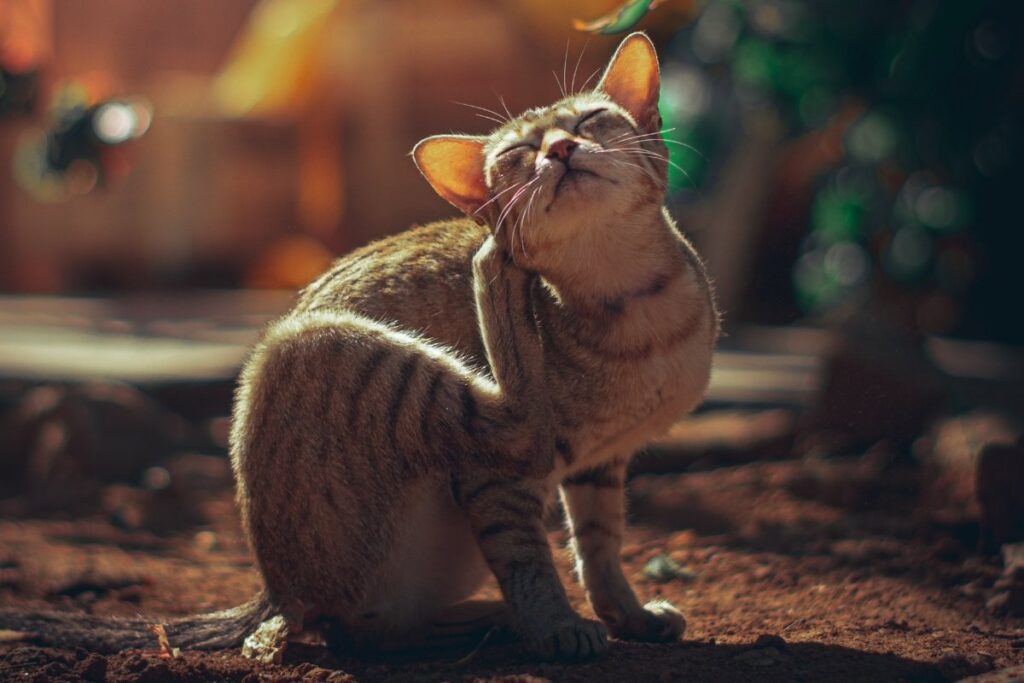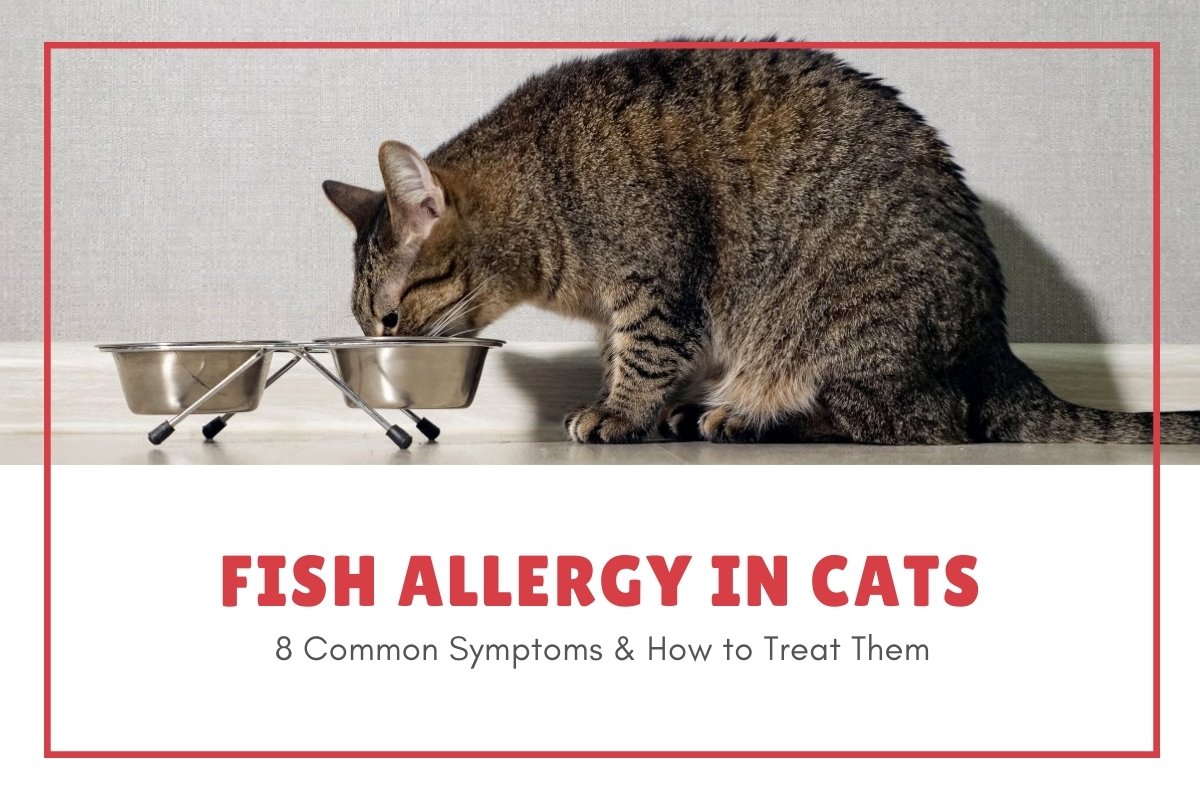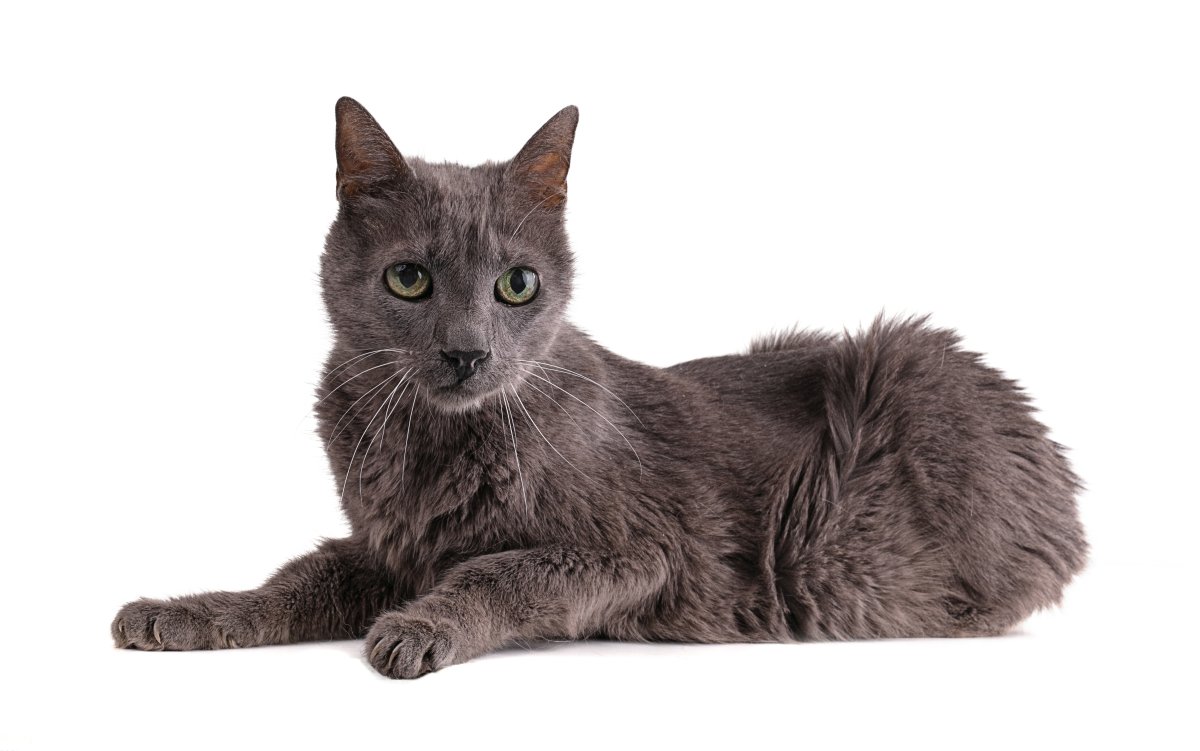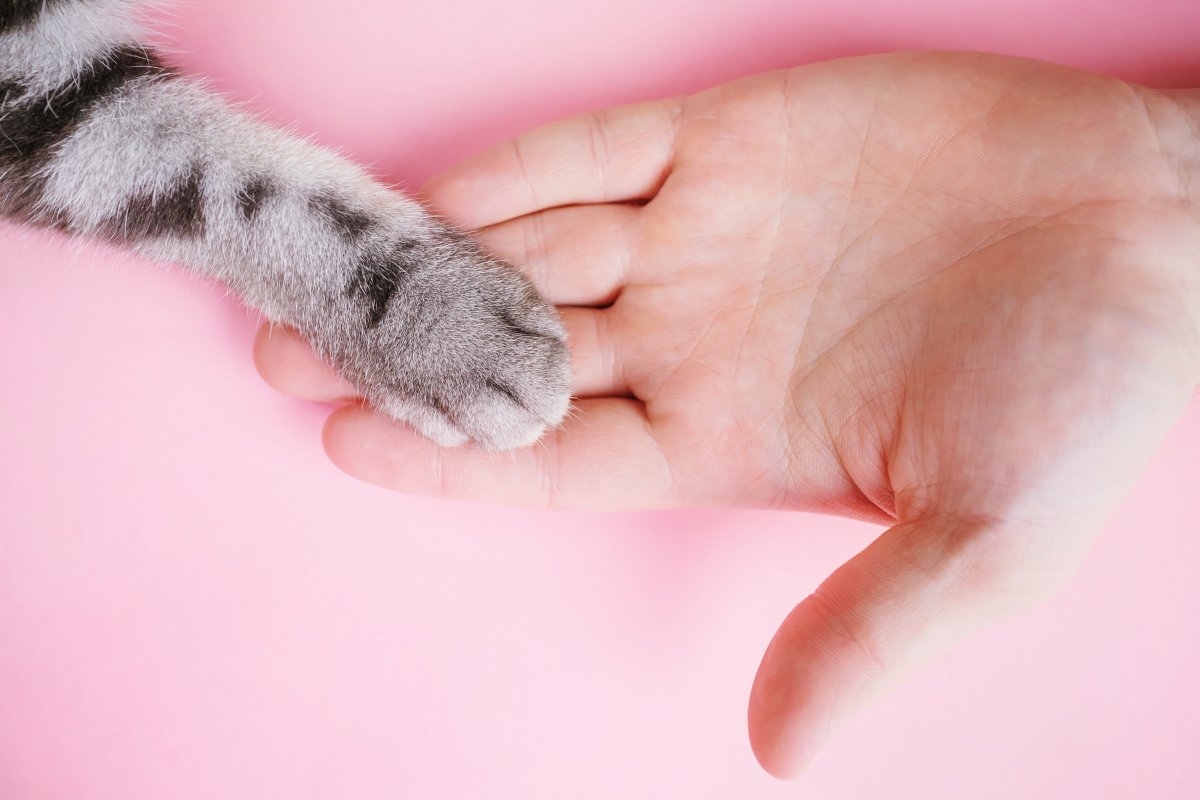An itchy cat can feel highly uncomfortable. To find comfort, she excessively scratches, bites, and claws the problematic places until her hair falls out and her skin turns sore. When this occurs, it can open the way for bacterial and fungal infections, exacerbating the disease and making it difficult to treat.
What exactly is the cause, though? How can you tell if an allergy is causing all the itchiness? And if it is indeed the case, what can you do to help your cat?
Continue reading to find out the primary factors of itching in cats and what you can do to support your beloved pet.
Common Signs of Allergies in Cats
If your cat has allergies, it will most likely display several of the following symptoms:
Possible dietary allergy symptoms include vomiting, diarrhea, and skin irritation around your cat’s face and neck. If your cat’s underside regions or tail is itchy, it could be due to fleas.
Things inhaled by your cat buddy often cause respiratory issues due to an irritated throat. Whatever indications your cat is exhibiting, consult your vet for a prognosis and prescribed care decisions.
Common Causes of Cat Allergies
The first approach to resolving allergies in cats is determining what affects them. A trip to the vet clinic is the most straightforward approach to help identify your cat’s allergic triggers. Cat allergies are classified into several categories:
• Fleas and Ticks Allergies
Fleas and ticks are the biggest reason for an itchy cat, specifically those who venture outdoors or have dog companions. Cats attacked by fleas may have an allergic response to flea spit, leading to inflamed or red skin, intense scratching, raw patches on their fur, and even prominent blisters.
Numerous flea and tick management solutions are available, including oral drugs, harnesses, shampoos, and spot-on therapies. Having a year-round insect protection program may help your cat escape the misery of itching skin induced by ticks or fleas. It is also necessary to disinfect your home and garden to prevent insect outbreaks.
Nevertheless, whichever solutions you choose to treat your itchy cat, ensure they are adequately manufactured for cats, as other animal products might be detrimental to your cat.
Grooming can also assist with cat itchy skin. The more you give importance to your cat, the more probable you will be to detect possible problems early.

• Food Allergies
Food allergies can sometimes be challenging to identify. Skin conditions are the most prevalent symptom of food intolerance in cats, although some cats will have gastrointestinal problems such as diarrhea and vomiting associated with dietary allergens. Regular protein foods should be avoided and then reinstated, and carbohydrate alternatives would be adequate to help with food allergies.
• Environmental Allergies
It can be difficult to prevent your feline friend from outdoor allergens, including dust, weeds, fungus, and mold. Since these irritants are generally unavoidable, your cat may require one or more allergy medications to prevent an outburst.
Felines can also be allergic to things like cleaning materials, fragrances, and smoke; these are all byproducts of your cat’s surroundings and may cause trouble for her. Eliminate goods that appear to aggravate or trigger allergies in your cat whenever feasible.
• Medical Factors
There are multiple medical explanations for why your cat’s skin may be itchy. These factors might vary from primary microbial infections such as fungus, which are easily cured, to more myriad reasons. It might include trauma if your cat gets into a conflict with another animal or has sunburns or abnormalities in her skin formation.
If your cat is itchy and you can’t figure out why, it could indicate something severe is going on. A visit to the veterinarian will help you sort out what’s wrong and get your feline companion back on track.
Diagnosing Allergies in Cats
If something looks to be causing your feline distress, the safest thing to do is take them to the vet. They will first do a thorough medical and clinical examination on your cat to establish the cause of the allergies.
If your vet feels your cat has allergies, they may do blood work or test with your cat’s food to cut down the allergy source. If your vet suspects your cat has a skin allergy, they may ask you to take your cat to a veterinary dermatologist.

Treatment of Itchy Cat
You might be wondering, “How can I soothe my cat’s itchy skin?” The underlying cause determines the treatment required. Your itchy cat may require a mix of medications to address the underlying cause and topical relief for irritation, pain, or recurrent infections. Some skin problems cannot be healed but can be managed for the rest of one’s life with long-term treatment.
Besides, there are numerous anti-allergy drugs available to alleviate itching. These drugs do not treat allergies, but they can help alleviate suffering. However, if the root issue of the allergy is not addressed, the itching will reappear when the treatment is stopped.
Here, as a cat parent, you must know that prolonged usage of several anti-allergy drugs can cause various health issues in your furry buddy. Consulting your vet to find the leading cause of their itchiness or allergies may lessen the need for drugs. It might also allow your veterinarian to employ more precise and focused allergy therapies.
Preventing Itchy Cat
You can take certain things to help prevent itching in cats. Some of them are mentioned below:
- To begin with, you can prevent your cat from developing a flea allergy by applying therapeutic products daily.
- Indoor cats require fewer dosages per year than feral cats since they are more susceptible to flea illnesses.
- Fish oil supplements and probiotics can help your cat pal’s immune system.
If your cat develops allergies, the discomfort will be less intense because of minor irritation.
Luckily, with time, awareness, and the appropriate treatment regimen for your feline buddy, you can genuinely help your cat feel better, allowing them to enjoy all of their favorite pastimes with you, itch-free.







